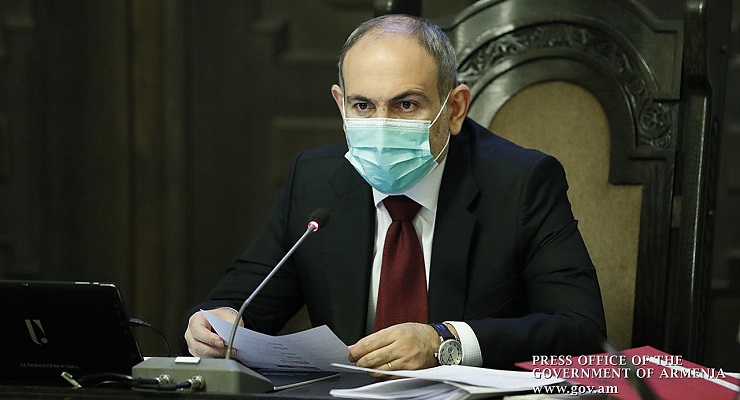
This article is written by Ido Vock and is published in Newstatesman. Here is an excerpt:
Armenia, the small country in the South Caucasus between Russia and Turkey, has been mired in political crisis for two weeks, after a group of army officials signed a letter calling for Prime Minister Nikol Pashinyan to step down in what the country’s leader characterised as an “attempted military coup”.
The context of the unrest is Armenia’s catastrophic defeat in a short war against Azerbaijan late last year over the territory of Nagorno-Karabakh. Swathes of territory which had for three decades been governed as a de facto extension of Armenia were recaptured by Azerbaijani forces in a stunning advance. (Shortly after the end of the war, I visited Azerbaijan and some of its recently reconquered territories, reporting from the region for the New Statesman.)
The crushing defeat struck at Armenia’s sense of self. As Thomas de Waal, a fellow at Carnegie Europe, wrote in Black Garden, his account of the conflict, for almost 30 years after the end of the Soviet Union, Armenia was no longer the “weeping nation” defined by the genocide of 1915. Rather, it had become a regional power, able to defeat its neighbour to claim land it considered rightfully its own. Until it wasn’t.
Read the full article here.
Leave a Reply